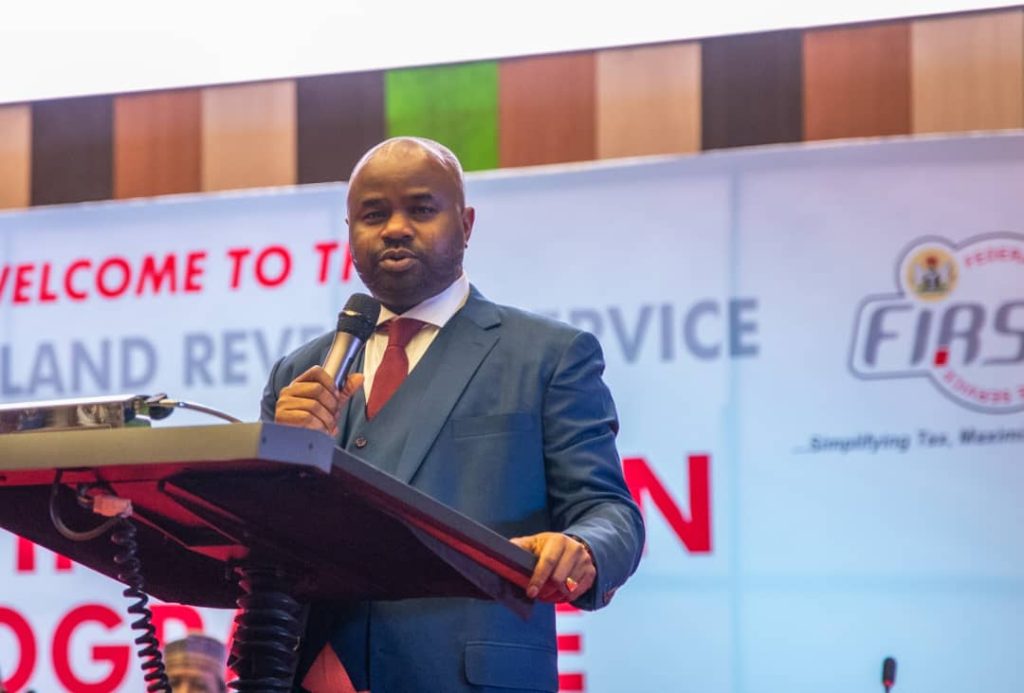Nigeria’s Federal Inland Revenue Service (FIRS) has introduced a digital invoicing system designed to modernize tax collection, streamline compliance, and curb evasion. The initiative, which became operational on August 1 following a pilot phase launched in November 2024, aims to enhance transparency by providing real-time oversight of commercial transactions and ensuring invoice authenticity.
FIRS Executive Chairman, Dr. Zacch Adedeji, announced the rollout in a statement released on Sunday. He emphasized that the system will initially target large taxpayers—companies with annual turnovers exceeding five billion Nigerian Naira (approximately $6.2 million). Within two weeks of its launch, over 1,000 firms—representing 20% of the 5,000 eligible businesses—had begun integrating with the agency’s Merchant Buying System (MBS) platform. The remaining enterprises have until November 1 to complete the onboarding process.
MTN Nigeria, the nation’s largest telecommunications provider, became the first company to transmit live e-invoices, officials confirmed. Tech firm Huawei Nigeria and infrastructure giant IHS Nigeria are also in advanced testing phases, with plans to activate their systems shortly.
To support the transition, the National Information Technology Development Agency (NITDA) has partnered with FIRS to enlist service providers as system integrators and access point facilitators. These collaborators will assist businesses with technical integration and data transmission.
While praising stakeholders for their cooperation, Adedeji acknowledged challenges faced by some firms in meeting the original August 1 deadline. In response, FIRS extended the compliance window by three months. “We recognize the operational hurdles encountered by many taxpayers and encourage voluntary adherence through this flexibility,” he said. Additional resources, including workshops, webinars, and town hall meetings, will be deployed to ensure smoother adoption.
The e-invoicing system, part of an electronic fiscal framework (EFS), aims to unify revenue reporting under the Nigeria Revenue Services Reform Act. By digitizing tax administration, authorities seek to minimize errors, prevent fraud, and establish a centralized database for government income—a move aligned with global best practices.
Analysts note the rollout’s phased approach, with medium and smaller businesses expected to join subsequent stages. The initiative underscores Nigeria’s broader efforts to boost domestic revenue amid rising public debt and fluctuating oil income. If successful, the platform could serve as a blueprint for other African nations grappling with tax efficiency challenges.
The reform arrives as Nigeria aims to nearly double its tax-to-GDP ratio, currently one of the world’s lowest at 10.9%, to support critical infrastructure and social programs. With digital transactions accounting for over 40% of the country’s GDP, the system’s integration into everyday business operations signals a pivotal shift toward tech-driven fiscal governance.
